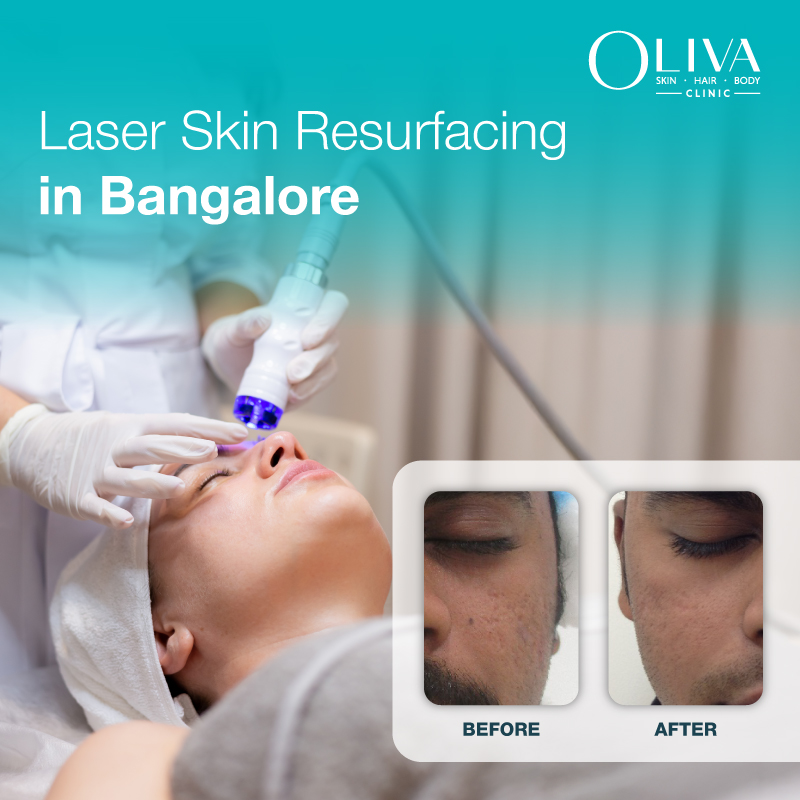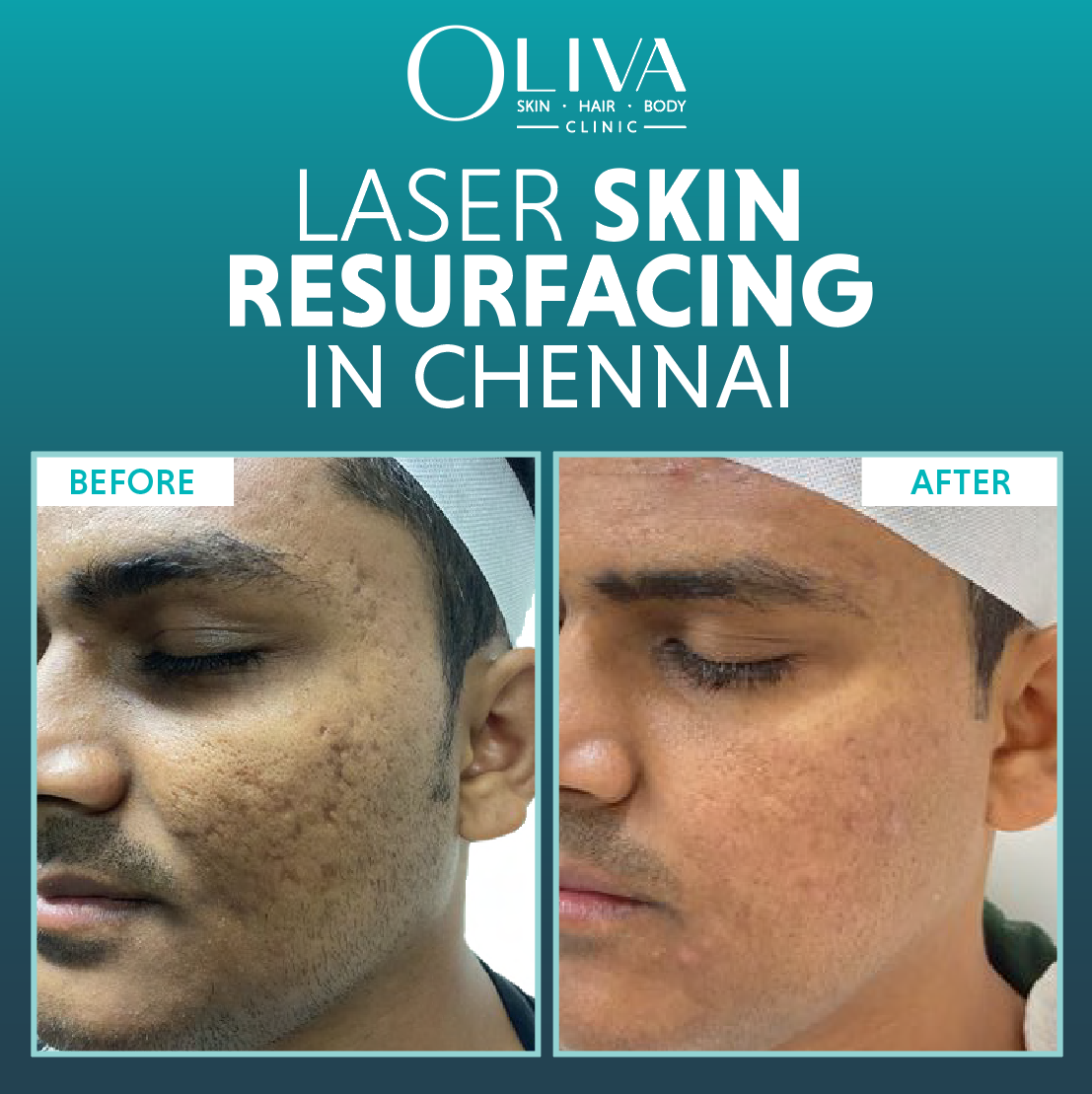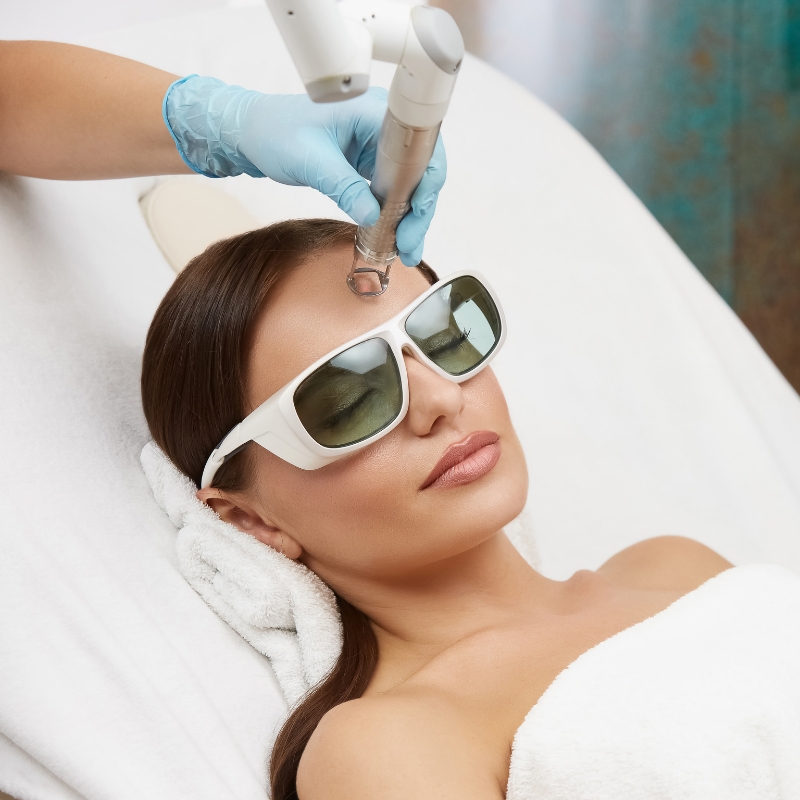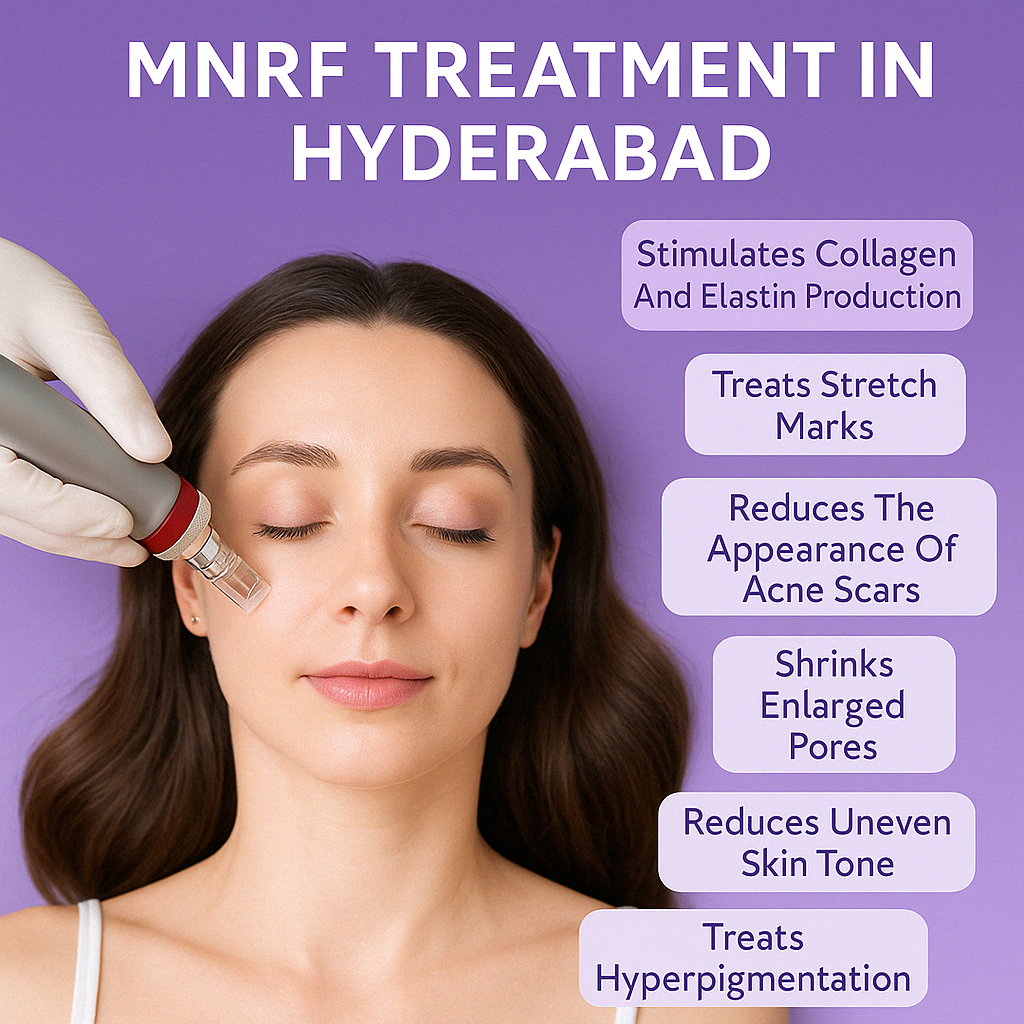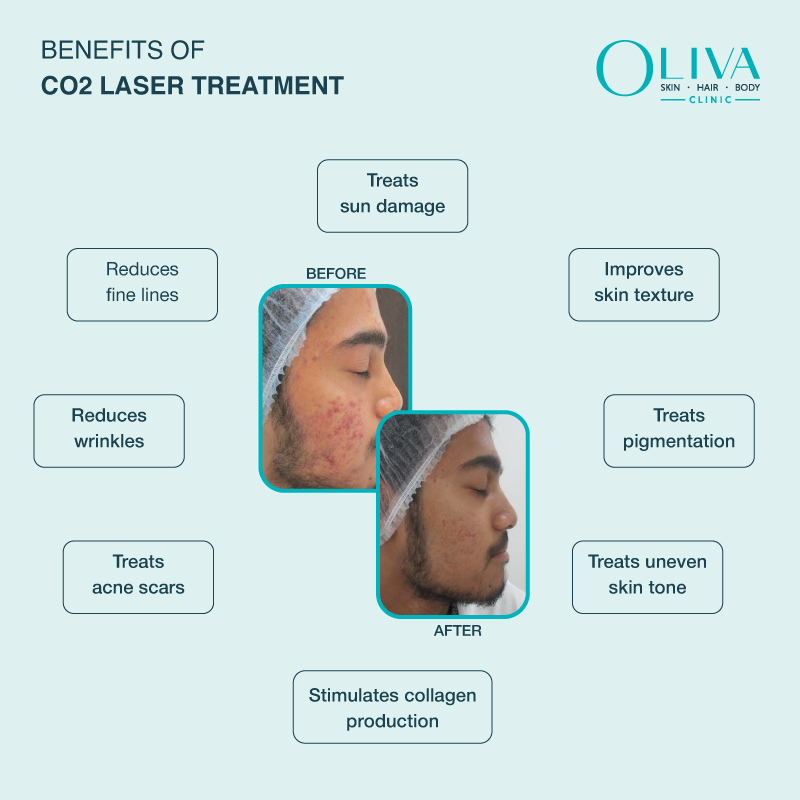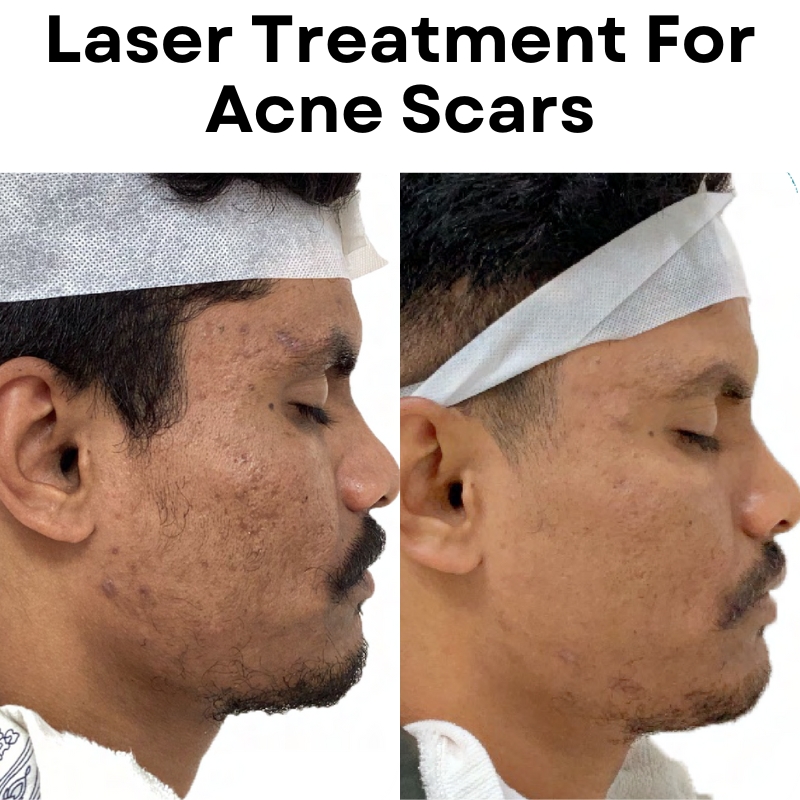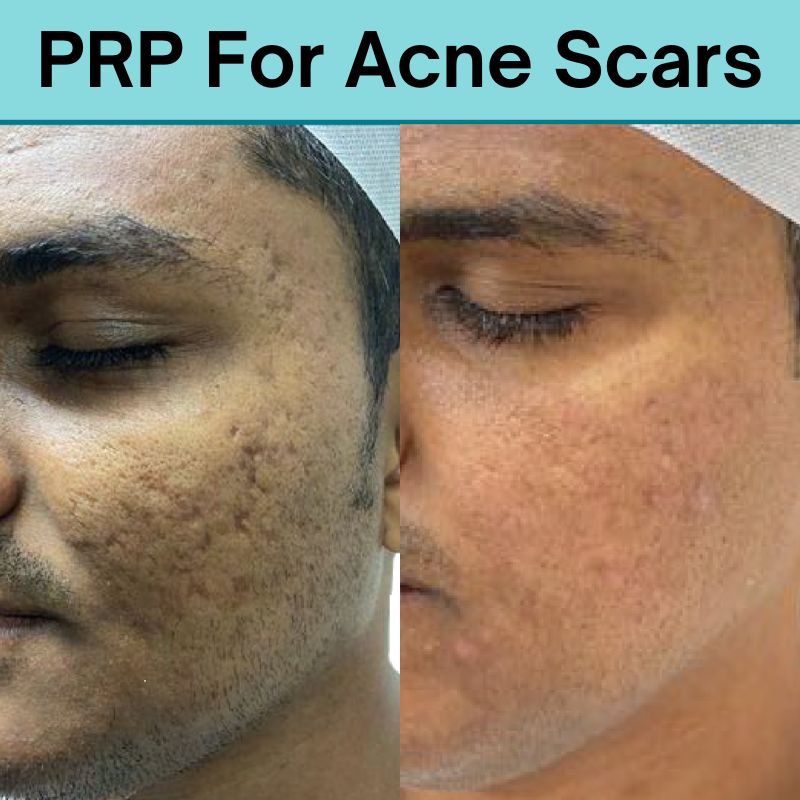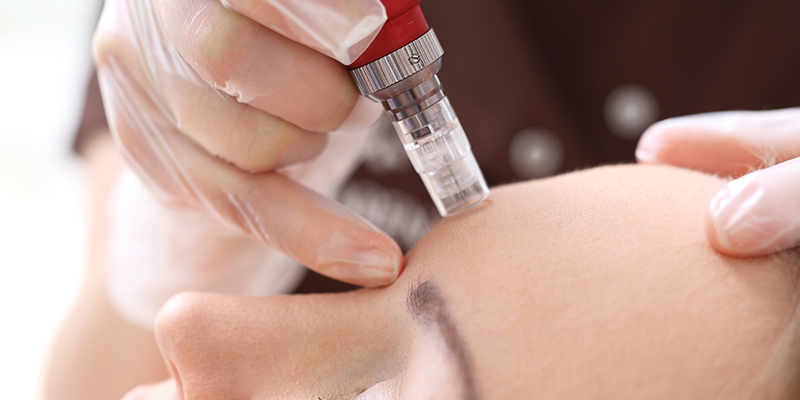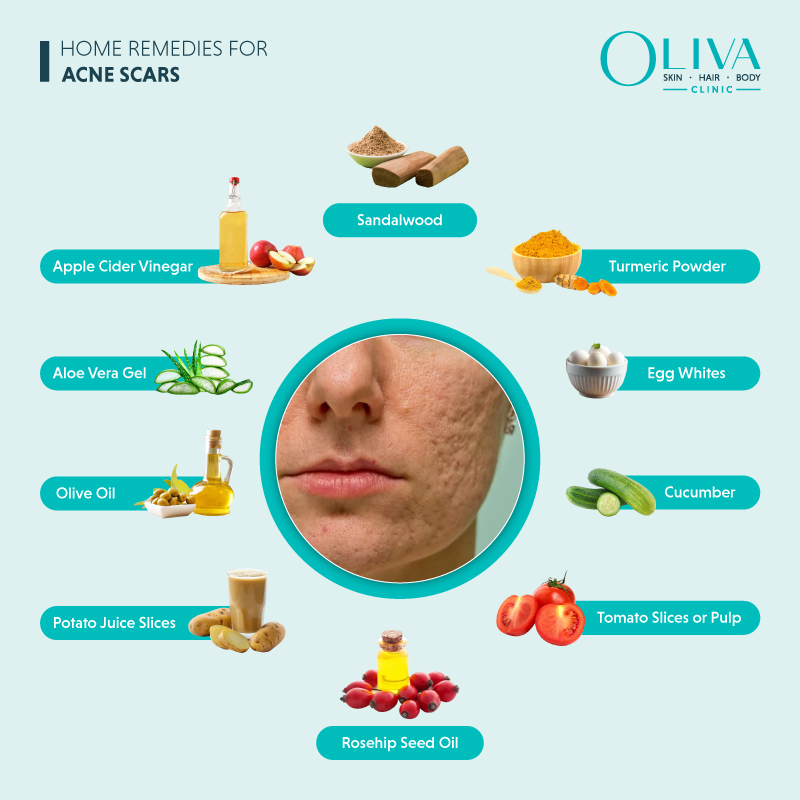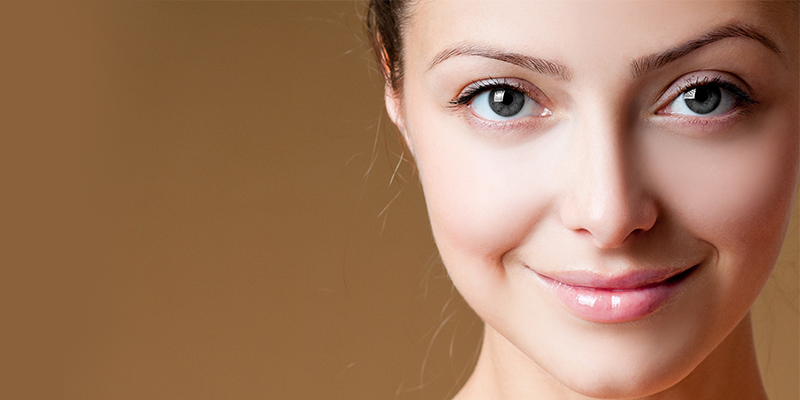Acne Scar Treatment
Laser Skin Resurfacing In Bangalore: Cost, Results & Procedure
If you are looking for a proven treatment to rejuvenate your dull, damaged, or ageing skin, you are on the right page. Laser skin resurfacing in Bangalore is one of the most advanced dermatological procedures that helps reduce wrinkles, scars, pigmentation, and other skin concerns, revealing clearer, firmer, and smoother...
Laser Skin Resurfacing In Chennai: Cost, Results & Procedure
Sun damage, acne scars, hyperpigmentation, and wrinkles can contribute to dull skin and premature ageing signs. With laser skin resurfacing, you can address these concerns and restore your youthful glow. Oliva Clinics offers the best laser resurfacing in Chennai with experienced dermatologists, advanced technology, and world-class facilities. Find out all...
Laser Skin Resurfacing In Hyderabad: Cost, Results & Procedure
If ageing, acne or too much time in the sun has made your skin lose its youthful lustre or left it with pigmentation, scars, wrinkles or uneven skin tone, laser skin resurfacing is all you need. Laser resurfacing in Hyderabad is becoming one of the most preferred treatments to address...
MNRF Treatment In Hyderabad: Cost, Results & Procedure
Microneedling Radiofrequency (MNRF) is an advanced dermatological treatment that is becoming increasingly popular in Hyderabad. Whether you’re dealing with stubborn acne scars or want a non-surgical skin tightening option, MNRF is all you need. Oliva Clinic is a trusted option for the best MNRF treatment in Hyderabad, offering a customised,...
CO2 Laser Treatment: Cost, Benefits, & Side Effects
CO2 laser treatment stands as a revolutionary advancement in dermatological care, offering transformative results for skin rejuvenation. This guide delves into the nuances of CO2 laser treatment, from types and procedures to benefits and side effects, ensuring comprehensive insights for those considering this treatment.
Laser Treatment For Acne Scars: What To Expect, How It Works, Cost, Benefits & Side Effects
Struggling with stubborn acne scars that just won’t fade? Laser treatment for acne scars is one of the most effective solutions to help you achieve smoother, clearer skin. Whether you’re dealing with mild or severe scarring, laser treatment for acne scars can significantly reduce their appearance, boosting both your skin’s...
PRP Treatment For Acne Scars: Cost, Benefits & Results
Looking to get rid of acne scars? PRP (Platelet-Rich Plasma) treatment has gained significant popularity as an effective, non-surgical solution for reducing acne scars. But the question remains: Does PRP really work for acne scars? In this article, we’ll answer that and more, providing a comprehensive guide on PRP for...
MNRF Treatment: Cost, Results, Benefits & Side Effects
Micro-needling radiofrequency (MNRF) is a new cutting-edge skin rejuvenation technology designed to treat a multitude of skin concerns like fine lines, uneven skin texture, acne scars and skin laxity. This can improve your skin’s appearance significantly compared to other technologies while still being minimally invasive. In this article, we will...
Top 10 Home Remedies for Acne Scars: Natural Ways to Fade Scars at Home
Acne scars are marks left behind after acne heal, and they can make skin look uneven. While some mild scars fade over time, deeper scars are harder to treat. Many people try home remedies because they are easy, affordable, and seem safe. But the truth is, home remedies can only...
Laser Skin Resurfacing Cost, Benefits, Procedure, Before & After Results
Laser skin resurfacing is one of the most effective laser treatments for the face that helps to treat various skin concerns, such as hyperpigmentation, acne scars, uneven texture and more. With the help of this advanced laser skin treatment, the damaged layer of skin is removed in a controlled and...


